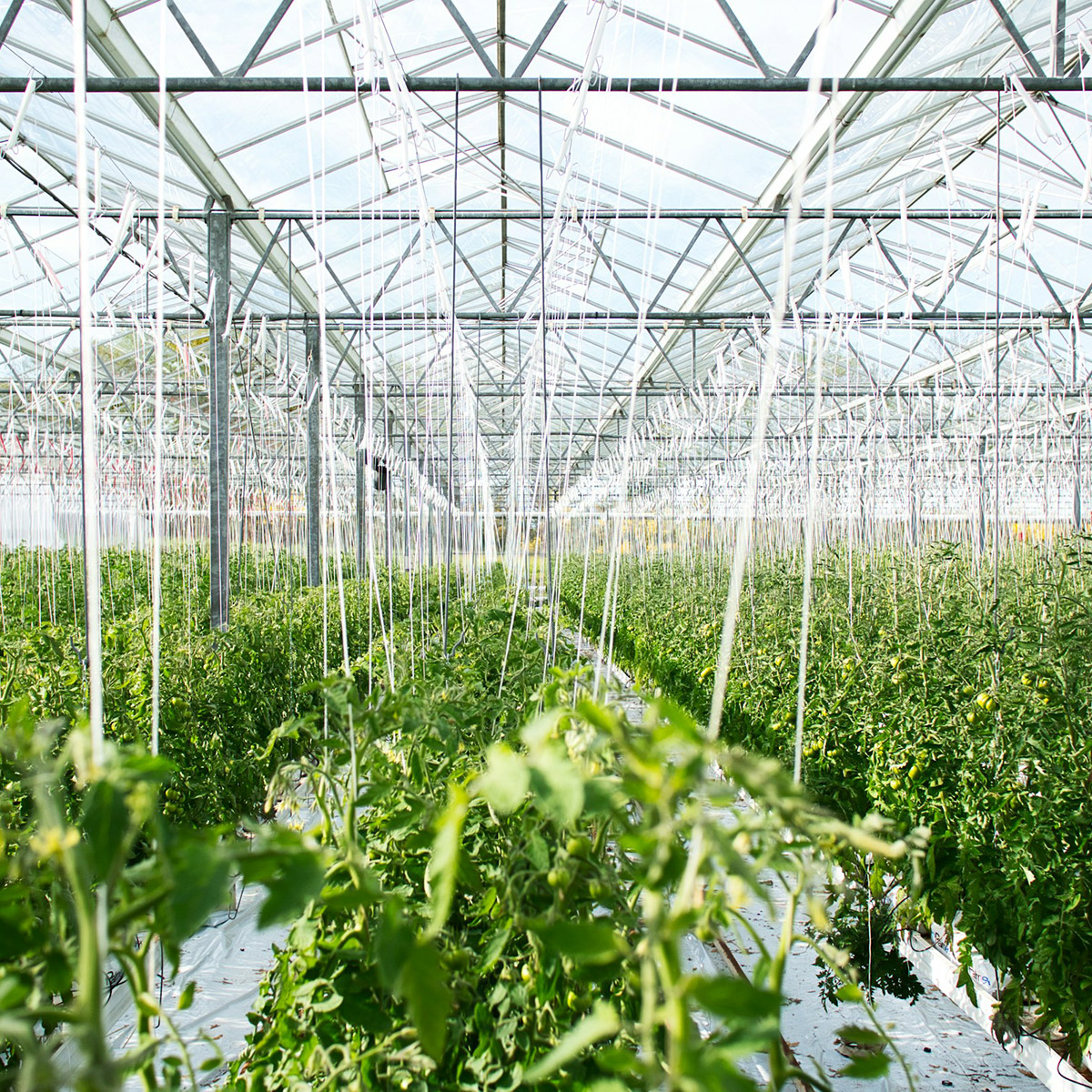Faculty

Staff

Sign up for Fall 2025 Registration Day Registration Day | Northeastern Junior College
Northeastern understands and appreciates the hard work and dedication it takes to operate and maintain an agricultural operation. That is why we are committed to giving our students the most up-to-date information in their coursework.
We want the next generation to continue providing us with the safest, most reliable, and affordable food supply in the world.
Production Agriculture involves the growing and marketing of plants and livestock. A thorough knowledge of marketing, management, and finance combined with production and mechanic skills prepares students for a career as an agricultural producer.
Northeastern's Program leaves plenty of room to add the electives for the emphasis of your choice in Crops, Precision Ag, Agribusiness, Production, Cattle Management, Ag Power & Mechanics and/or as a Farm Profit Manager.

According to the Bureau of Labor Statistics, employment of farmers, ranchers, and other agricultural managers is projected to decline 3 percent from 2021 to 2031.
Despite declining employment, about 85,600 openings for farmers, ranchers, and other agricultural managers are projected each year, on average, over the decade. All of those openings are expected to result from the need to replace workers who transfer to other occupations or exit the labor force, such as to retire.
The U.S. Bureau of Labor Statistics lists the median annual wage for farmers, ranchers, and other agricultural managers was $73,060 in May 2021
Agriculture Program Student Learning Outcomes:

